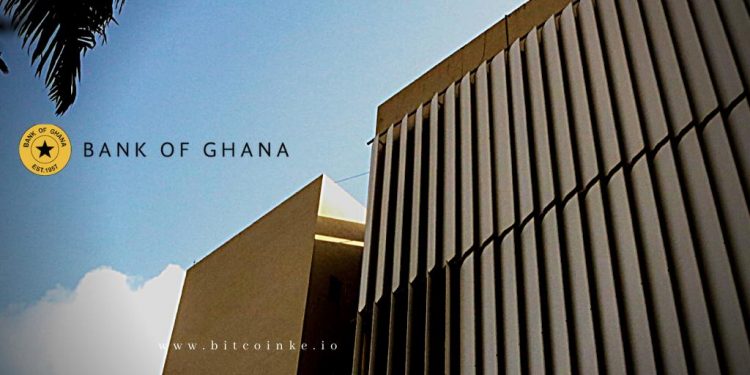The 96th regular meeting of the Bank of Ghana’s Monetary Policy Committee begun on, Tuesday, September 22. It will end on Friday, September 25 and this will be followed by the announcement of the MPR for the next two months on Monday, the 28th.
The meeting has been preceded by intense lobbying by the private sector against a hike in the benchmark Monetary Policy Rate.
Organized private sector chieftains in the Private Enterprises Federation, Association of Ghana Industries and the Ghana National Chamber for Commerce and Industry all worry that the BoG, in line with its inflation-targeting framework for monetary policy, may increase the MPR in response to rising consumer price inflation which, in July, reached 11.4 per cent – its highest level since the Ghana Statistical Service rebased its computations for determining inflation mid last year – before falling back to 10.5 per cent for August.
Indeed, in its latest Inflation Outlook, released in August, the central bank forecast that inflation would probably stay above the upper limit of the target of between 6 percent and 10 percent until the second quarter of 2021. The report went on to suggest that this might require an increase in the MPR.
But while the lobbying of the BoG may not influence the impending decision the way private sector leaders want, a fall in consumer price inflation to 10.5 per cent for August, from a one year high of 11.4 per cent for July, may persuade the central bank’s MPC to keep its benchmark interest rate at 14.5 per cent for the next two months, as it waits to see whether headline inflation will keep falling on its own accord.
However with inflation still above the target band and economic activity returning to normal due to the phased removal of socio-economic restrictions imposed earlier in the year, further monetary easing in the form of another cut in the MPR is not on the cards.
The central bank has adopted a policy of monetary easing since the arrival of the COVID 19 pandemic in Ghana in late March this year, in an effort to curb the inevitable sharp economic contraction resulting from the impact of the viral outbreak and the public policy response.
Consequently the BoG slashed the MPR by 150 basis points, from the erstwhile 16.0 percent to 14.5 percent. This was followed by a raft of further measures aimed at encouraging commercial lenders to maintain their financial support to customers, most of them direly affected by the pandemic’s economic impact.
Unsurprisingly however, credit to the private sector has reduced significantly with neither lenders nor borrowers comfortable with the economic uncertainty imposed by COVID 19.
Private sector chieftains consequently insist that the economy is direly in need of a stimulus through continued monetary easing. Indeed, the Ghana Statistical Service, last week revealed that the economy unprecedentedly contracted by 3.4 per cent over the one year up to June.
Although the easing of socio-economic restrictions to curb COVID 19, and a relative return to normality should have reversed that contraction by now, it has left the economy with a lot of ground to make up.
The rebasing of consumer price inflation computations in 2019 saw year on year inflation fall sharply from nearly 10 percent to 7.8 percent in August last year, a level it only deviated from marginally until the arrival of COVID 19 in Ghana in late March this year.
However, by April it had breached the 10 percent upper target band limit, reaching 10.6 percent and has remained there since then, peaking at 11.4 per cent in July.








